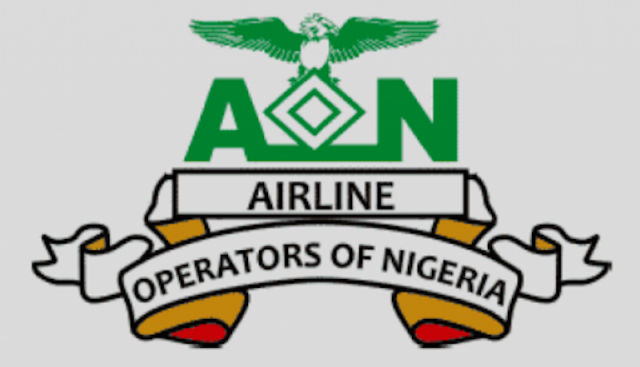As the cost of aviation fuel soars and airlines are scaling down operations, the Airline Operators of Nigeria (AON) has called on the Nigerian Civil Aviation Authority (NCAA) to phase out the 5 per cent fuel surcharge it collects from airlines.
It also sought the approval of the agency to impose 40 per cent fuel surcharge as an ameliorative measure to cushion the effects of the escalating cost of aviation fuel on airline operations in the country.
The requests are contained in a letter entitled ‘Request for removal of NCAA 5% on fuel surcharge and call for urgent meeting with domestic airlines’.
The letter was addressed to the director general of NCAA, Capt. Musa Nuhu and signed by the president of AON, Mr. Abdulmunaf Sarina
According to AON, the price of the product “has risen from N200 per litre in February 2022 to over N780 today.”
It said the high cost of the product “has greatly increased the operational cost of airlines by well over 130 per cent” while “airlines are unable to increase fares and as well suffer from unavailability of foreign exchange to conduct their operations.”
To forestall a backlash and total shutdown of the system AON said “airlines are hoping to resort to an introduction of a fuel surcharge of between 25% – 40%…as a way of offsetting the additional burden brought about by increased fuel cost bearing in mind that jet fuel accounts for about 40% of total operational expenses.”
The letter reads:
“The Airline Operators of Nigeria hereby wishes to seek your kind approval of fuel surcharge as an ameliorative measure to cushion the effect of the continuous increase in the exorbitant price of Jet A1 on airline operations in the country.
“In addition to the crippling effect of intermittent shortages of Jet A-1, the price has risen from N200 per litre in February 2022 to over N780 today. This has greatly increased the operational cost of airlines by well over 130%, yet airlines are unable to increase fares and as well suffer from unavailability of foreign exchange to conduct their operations.
“In order to forestall a backlash and total shutdown of the system, airlines are hoping to resort to an introduction of a fuel surcharge of between 25% – 40% of NUC as a way of offsetting the additional burden brought about by increased fuel cost bearing in mind that jet fuel accounts for about 40% of total operational expenses.
“We therefore solicit your kind understanding and support by reconsidering and reviewing the following decisions taken by your organization in this regard:
1. Immediate review of the decision that airlines are required to obtain approval for an initial three (3) months before implementation of a fuel surcharge.
2. Waiver of the demand that airlines pay an additional 5% on the fuel surcharge entirely separate from the 5% ticket sales charge (TSC).
“Unless this is done, it will mean in effect that whatever is collected by the airlines as fuel surcharge to cushion the effect of the high fuel price will be taken away once again by NCAA. This in effect will amount to double jeopardy as airlines will be unable to offset the additional cost which the Fuel Surcharge is meant to address in the first place.
“May we therefore propose that taxes should be based on the portion of the fare due to airlines less the Fuel Surcharge which is specifically for the purpose of cushioning the effect of rising fuel price and not on the total paid for the ticket inclusive of the Fuel Surcharge (i.e. fuel surcharge should be exempted from TSC).
“We therefore request that you would favourably consider and kindly effect our proposal to help alleviate the sufferings of airlines in the country given the current scarcity and consistently rising cost of JetA1. This is standard practice all over the world; notably Britain, America and Singapore among others.
“In view of the pertinent and pressing nature of this issue, may we use this medium to kindly request an urgent meeting with airline CEOs to promptly address the matter.
“Thank you in anticipation of your kind cooperation and response.”


























































